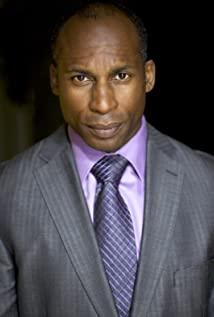-
Marcelino 2022-01-27 08:23:16
Abandoned Paradise: Answers to Angels in America
In 1985, HIV loomed over New York. People are sick, does God know?
The story begins with a Jewish funeral. At the grave, Lou confessed to Rabbi that ten years before his grandmother died, he thought she was dead and ignored her, not because he didn't love her, but because he couldn't stand the... -
Clovis 2022-01-27 08:23:16
Every American is related to Prior Walter (Such an idiotic title back then. Every American White Guy? Maybe?)
Introduction In the past century, the LGBT in America have fought long and hard for their equal rights. The majority of Americans are now in favor of homosexual marriage, while as lately as 1989 merely a little more than 10 percent of the nation liked this idea (Smith). Gay writers have played a...

Chris Chinn
Performing Experience
Related articles
-
Belize: Real love isn't ambivalent. I'd swear that's a line from my favorite best-selling paperback novel, "In Love with the Night Mysterious", except I don't think you've ever read it. Well, you ought to, instead of spending the rest of your life, trying to get through "Democracy in America." It's about this white woman whose daddy owns a plantation in the Deep South, in the years before the Civil War. And her name is Margaret, and she's in love with her daddy's number-one slave, and his name is Thaddeus. And she's married, but her white slave-owner husband has AIDS: Antebellum Insufficiently-Developed Sex-organs. And so, there's a lot of hot stuff going down, when Margaret and Thaddeus can catch a spare torrid ten under the cotton-picking moon. And then of course the Yankees come, and they set the slaves free. And the slaves string up old daddy and so on, historical fiction. Somewhere in there I recall, Margaret and Thaddeus find the time to discuss the nature of love. Her face is reflecting the flames of the burning plantation, you know the way white people do, and his black face is dark in the night and she says to him, "Thaddeus, real love isn't ever ambivalent."
-
Martin Heller: It's the fear of what comes after the doing that makes the doing hard to do.
Roy Cohn: Amen.
Martin Heller: But you can almost always live with the consequences.














